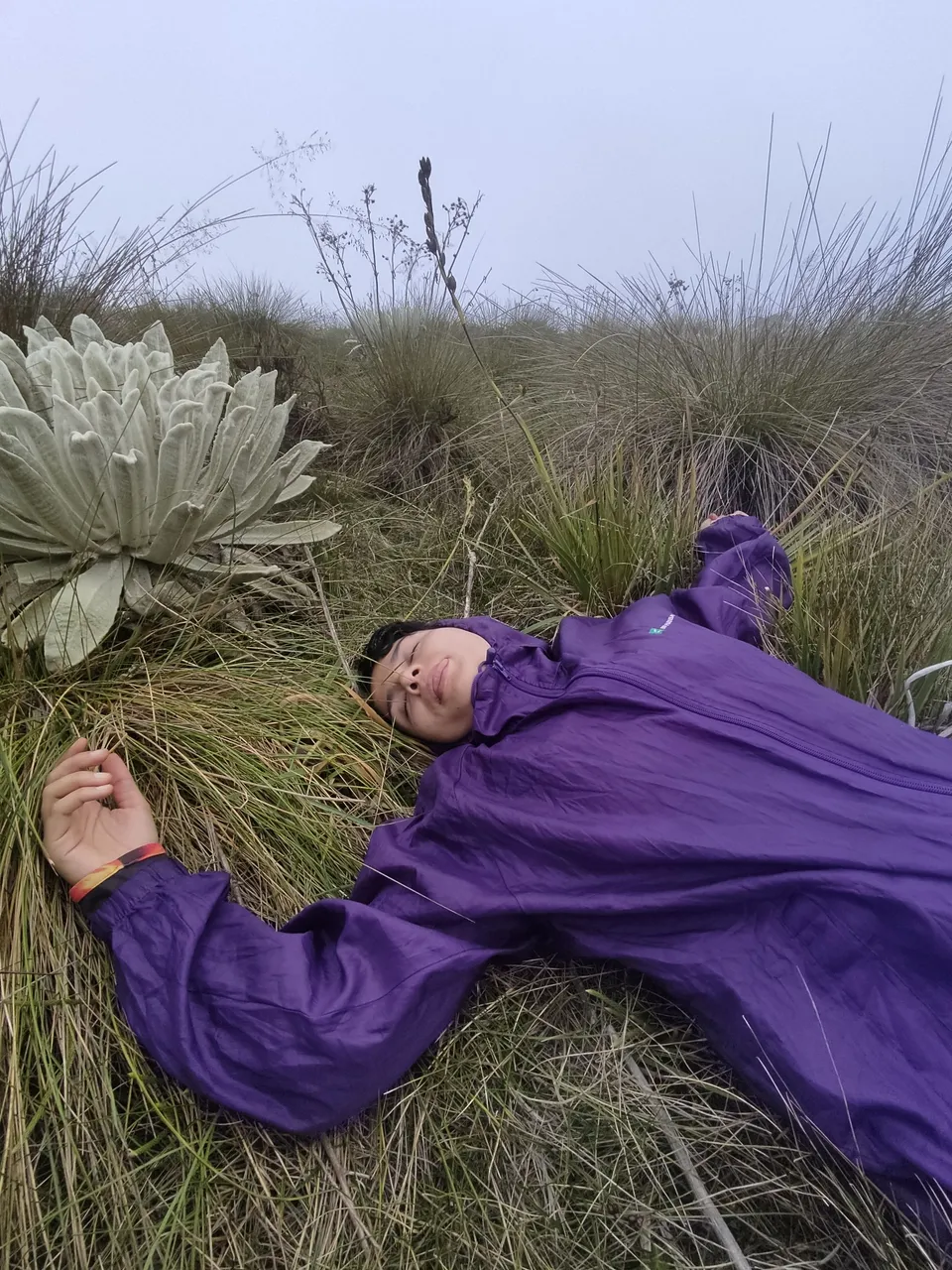ENGLISH
A few weeks ago we finished the third year of Medicine. I had not done real exercise for months, because my body, my mind, and all my energy were completely devoted to the tough final exam season and work.
When I finally took the last exam, I felt like I could breathe. And I needed to go out and breathe in the mountains. My body asked me to do a demanding and long route. So that's what I did.
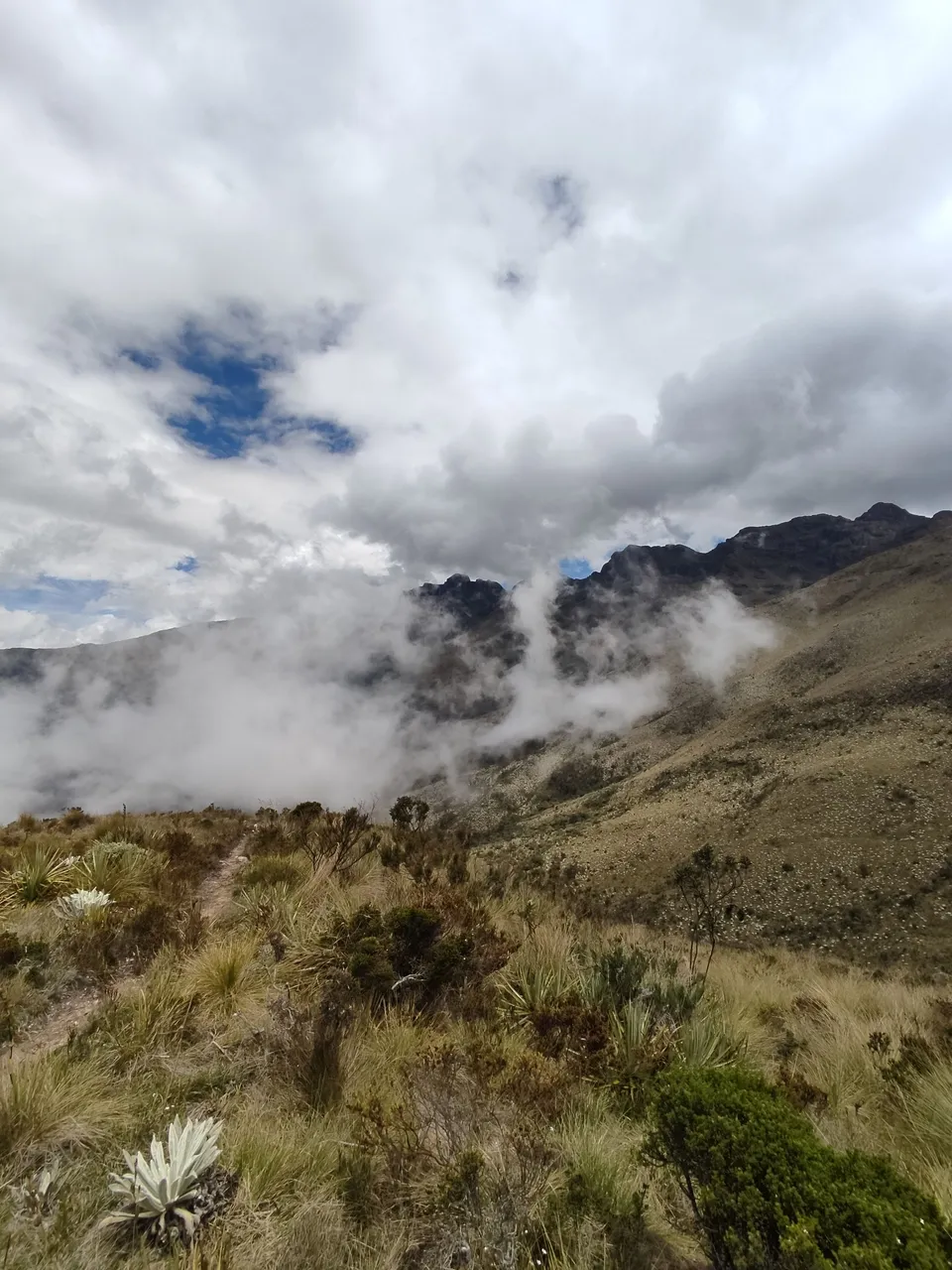
Finally, a group of friends and I planned a night of camping at Albarregas Lagoon, located in the Culata moor, in Mérida, Venezuela.
I had never camped in my life and I had never gone hiking in high mountains. I was very excited about the idea but at the same time, it scared me a little because I hadn't trained for too long.
However, I took a risk.
Spoiler: it ends badly.
Our journey began on a Sunday at 7 AM. Something inside me told me that I was making beginner's mistakes because I was carrying a lot of weight for just one night of camping, but our friends were already waiting for us and we had to go.
As soon as I left home, I confirmed the above: I was carrying a lot of weight, but we were not discouraged, and we continued.
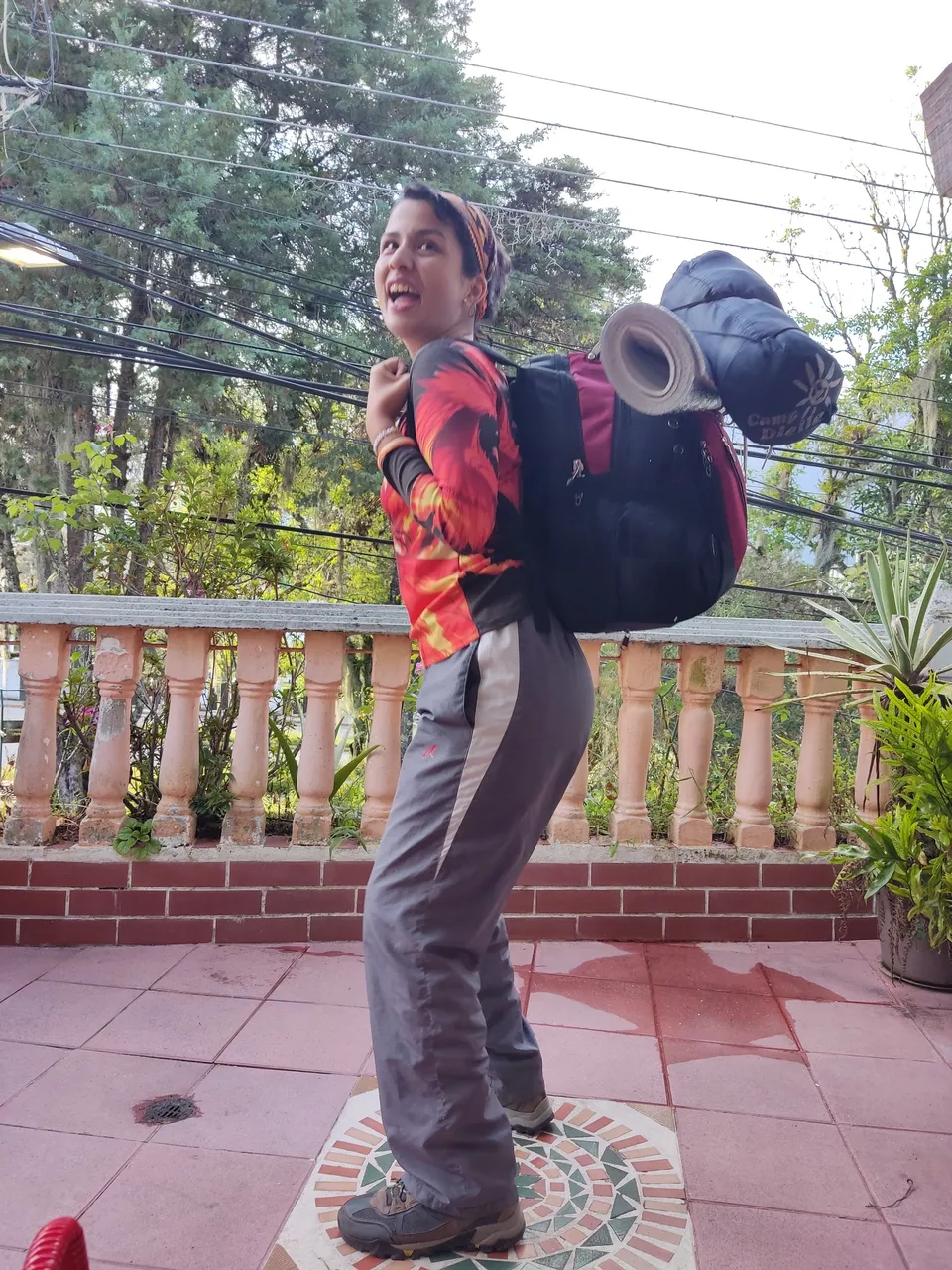
With great difficulty and after some drops in blood sugar, we reached the halfway point: El Paramito. It was a constant and killer climb into the jungle. From there we walked through the entire moor and I was already praying to get to sleep at our destination, wherever it was.
It took us a long time to get to El Paramito and we were going very slowly for what the route to Laguna Albarregas required, so in the end we decided to camp somewhere nearby.
We arrived almost at 8 PM to a small clearing but large enough to place the tent for 10 people.
After setting up the tent, disassembling it, putting it back together, putting things in, taking things out, getting ourselves in, settling into the tent, taking everything out of the backpacks to get dressed, and fitting everything back in again... I wrapped myself up, looked at my best friend Andre and I told her, whispering between laughs: "Andre, I hate camping." She just laughed.
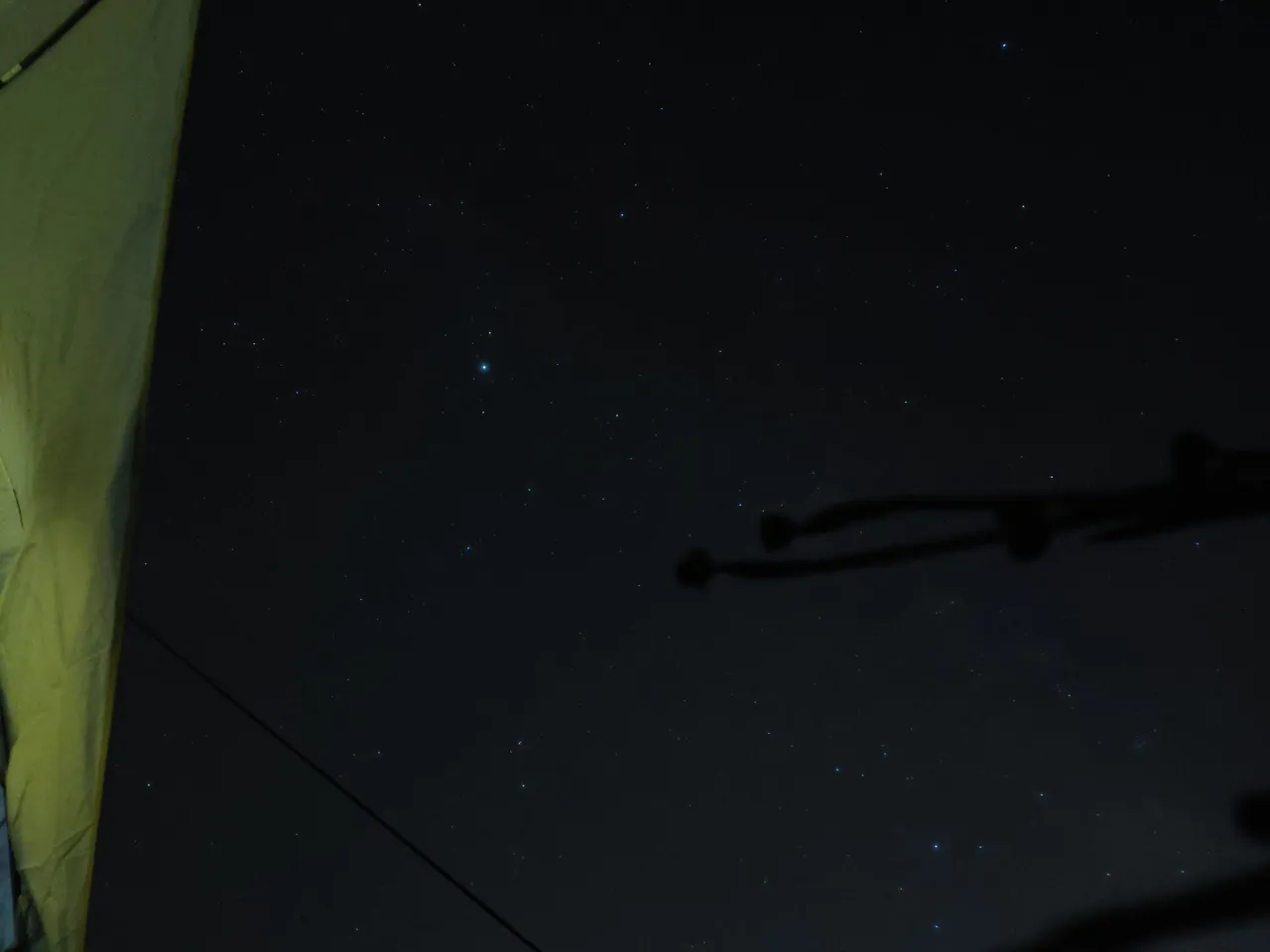
Once we were warm and settled inside the tent, Andre and I had bread and tuna for dinner. And this is where we made the second beginner camper mistake...
We had brought cans of tuna in oil, so before spreading it on the bread, we wanted to drain it. And well... That's what we did, but right outside the tent.
A friend laughs and tells us "Girls, you shouldn't have done that... In this area there are frontine bears (a species of bear endemic to Venezuela) and the smell of tuna can attract them." Andre and I just looked at each other a little worried, and although I consider myself a rational person, I kept seeing the roof of the tent throughout the night, among the deathly and cold silence of the moor, thinking that a bear could come to our tent to get a little tuna, because of us.
I fell asleep a little, I was exhausted after a rough day of walking and out of physical condition.
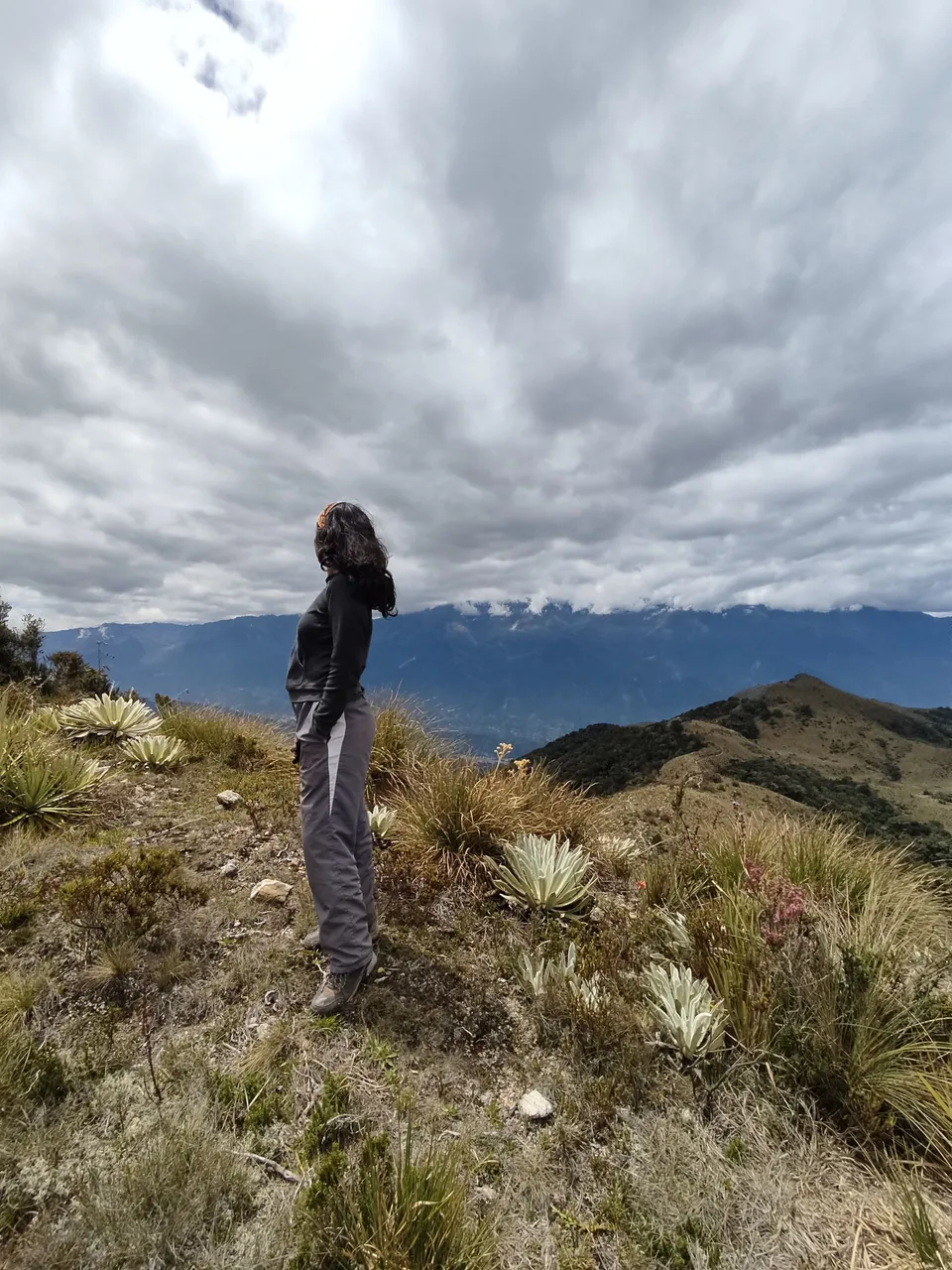
In the early morning, I wake up to the sound of someone complaining. She was a friend who was having a hard time breathing. Andre and I, being medical students, thought of every possible scenario and asked her everything we could think of and evaluated her as best we could (without a stethoscope or any medical equipment, of course). We considered that it didn't seem like something instantly lethal.
However, we were completely sure that it was not a simple "altitude sickness" and we all had to get out of there as quickly as possible and return to the city.
It was 3 AM in a place at 4,000 m.a.s.l that left you breathless, but we didn't want it to be like that literally for any of the group.
We didn't have a phone signal to call for help at that place, nor much to deal with. The best thing to do would have been to have a corticosteroid on hand (and a doctor trained to apply it), but the best thing we could do was simply descend the mountain.
We all decided that we should wait until dawn so we could start heading down to the city. And so we did.
At dawn, the strong men of the group distributed the weight of the luggage so that someone could carry the girl the entire way. At one point on the route, among frailejones (a typical plant of the Andes) we were able to have a phone signal and we asked for help.
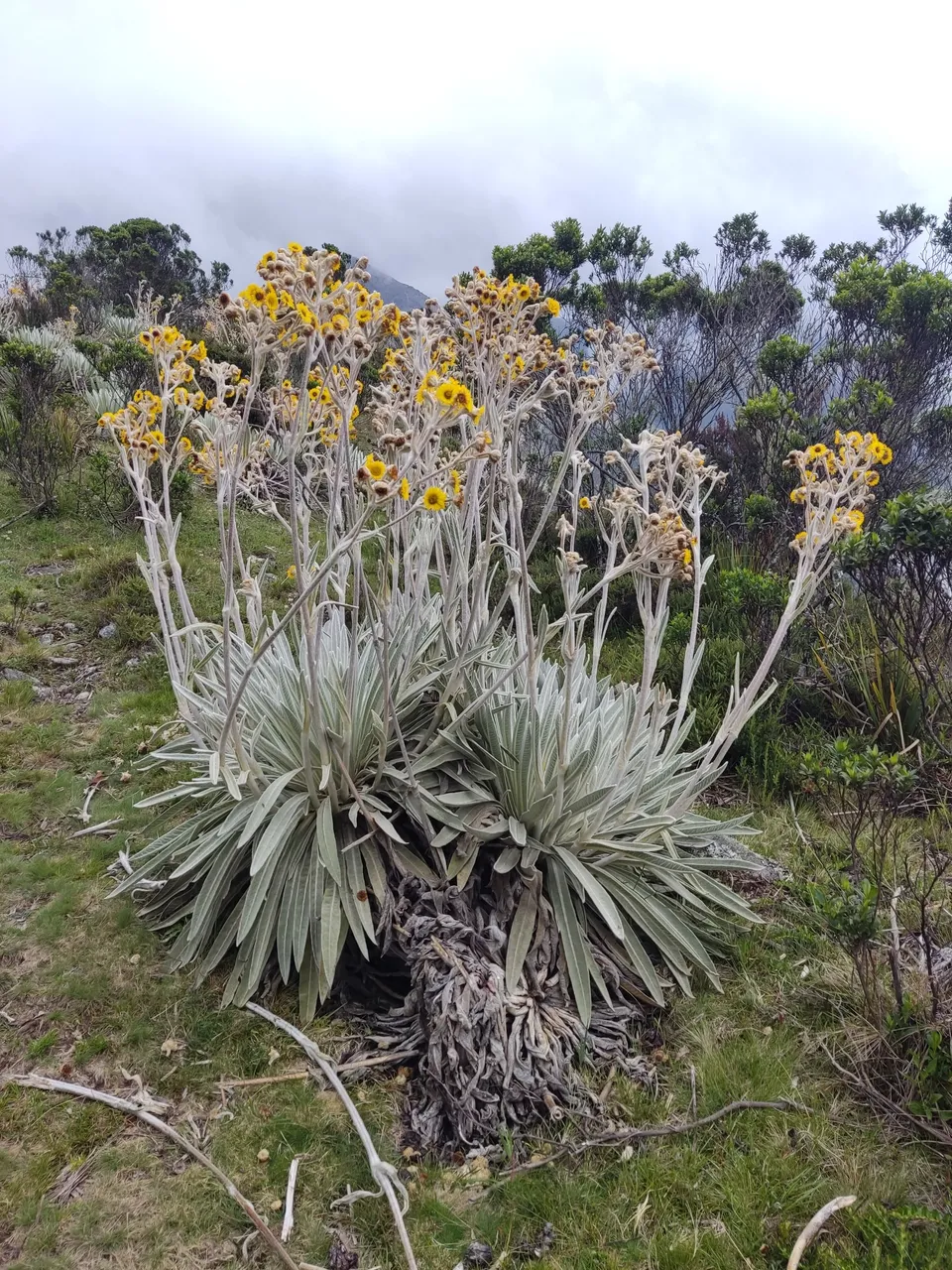
In short, we reached El Paramito (halfway) and there we would meet the rescuers who would take the girl. It was very difficult to continue with her on someone's back because the city was at least 4 hours away and the route was very steep.
At that point, the group split up. We were 10 guys, but not all of us could stay in the moor until they came to rescue the girl. So some began to go down and the strongest ones stayed with her. Andre and I had to go down because our physical condition would delay the group when the rescuers went up and they would have to descend with the girl carried during the night.
She was in no condition to walk, but she was lying on a stone resting, calmly.
On the other hand, Andre and I continued on our own. We started going down from El Paramito to the city.
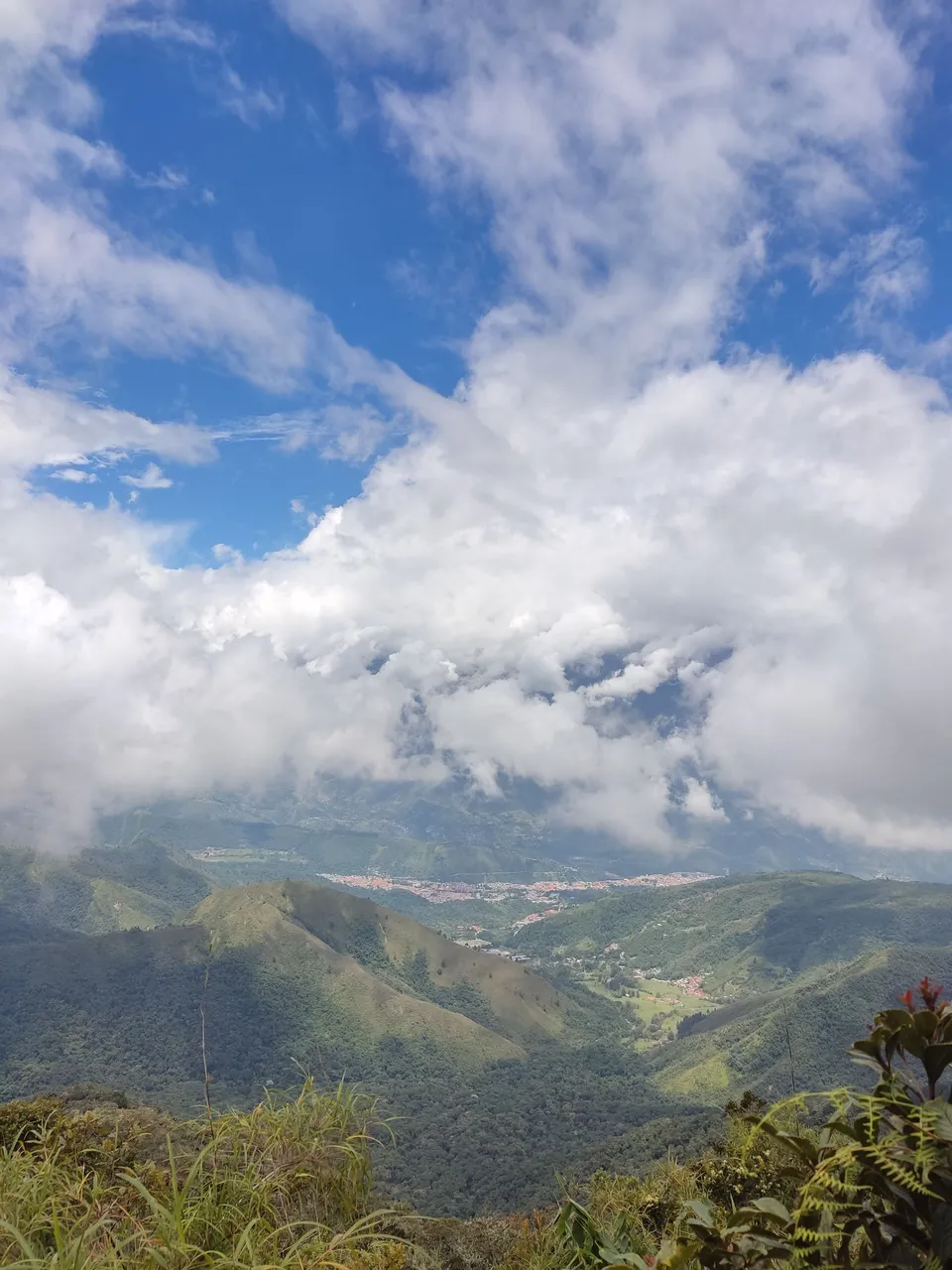
Along the way, we ran into several times with rescuers and officials who were going up to rescue our friend. Thus, it was 7 PM and everything went dark. At that point, we were a little scared because we were alone, without flashlights other than the one on my phone.
Everything went black and I turned on my flashlight, I took Andre by the hand to go at the same pace and not get lost, and we continued walking and walking. It was a desperate moment. Our feet were extremely sore and I could no longer feel my back due to the weight of the backpack.
We knew that we were on the last stretch of the route, about to reach the exit and it seemed like we would never get there. We lit the road in front of us and we hardly saw anything.
I know that in other mental and emotional circumstances, everything would have been easier. But at that point, I started to think why nothing was going well or as planned. I was wondering if we had done something wrong and the mountain didn't want us there. I have never felt scared or this unwelcome on a mountain before.
Finally, we saw the light of the exit. But if everything we went through was not enough, we ran into the last rescuer/official and he told us that we had to follow the usual protocol in these cases (things from Venezuela). Andre and I were only thinking about getting home, finally eating some giant hot dogs and resting, and we were sitting there on the grass, exhausted, waiting for I don't know what.
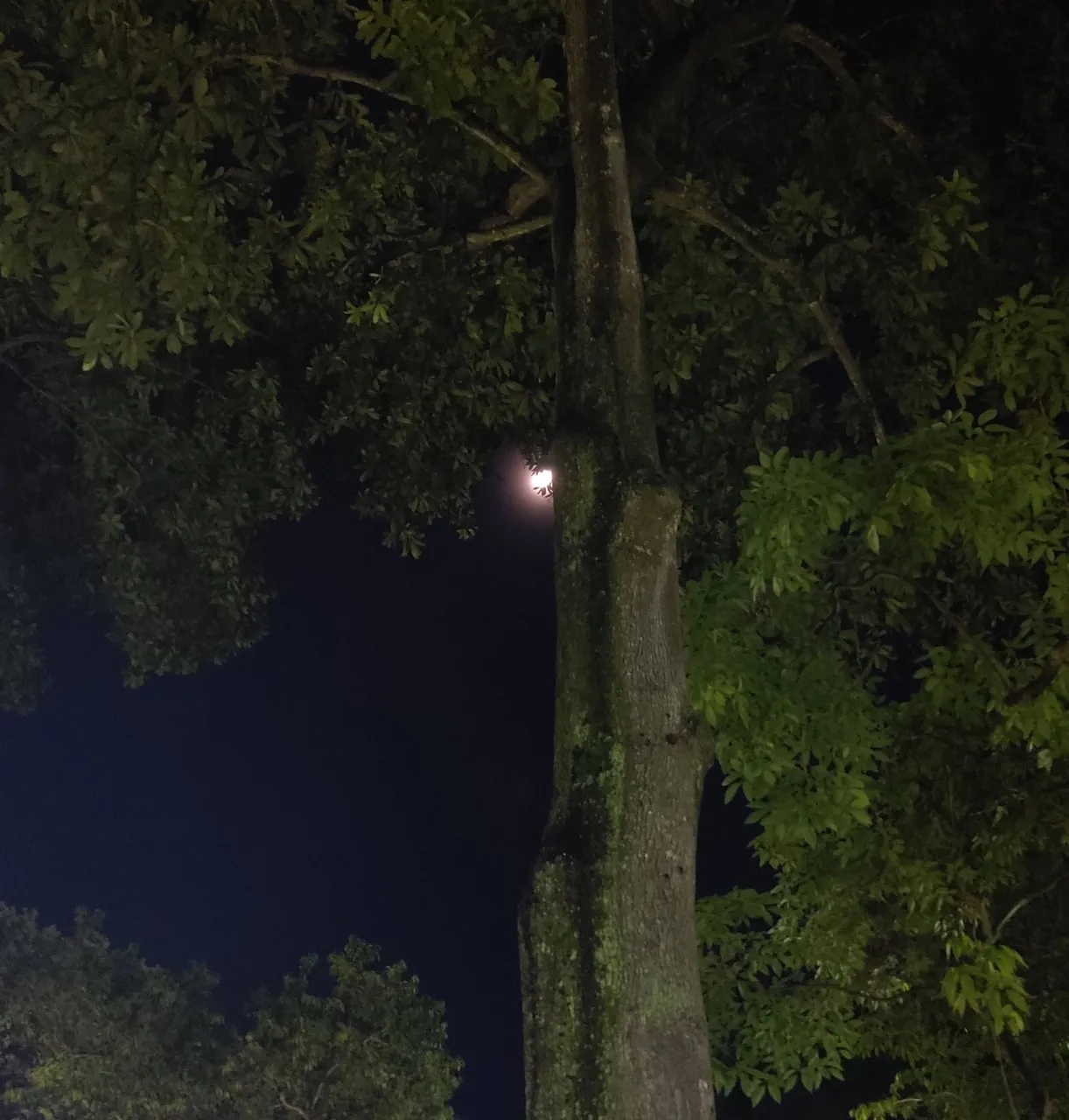
In the distance, we saw lights on the mountain: They were the rescuers with our friends. We all thought that hopefully nothing more would get complicated and they would arrive home safely.
Finally, we arrived home at 9 PM and the other part of the group arrived at 11 PM (and we had left the tent at 7 AM).
The next day, I got a message from a classmate asking if we were okay.
I didn't understand... What did he mean and why did he ask? And like him, several classmates did the same...
We were on the news (which had a somewhat exaggerated tone). They said we were lost and they had rescued 10 people when only 1 of us was affected.
The girl's lungs were compromised by the altitude resulting in pulmonary edema. But thank God, she is safe and well.
We all learned something from this experience:
• Don't go to high mountains without training (it's logical).
• Carry a veeery good first aid kit.
• Don't bring tuna in oil.
• Do not carry half of your house in your bags to camp for only 1 night.
Did you learn something else from this experience?
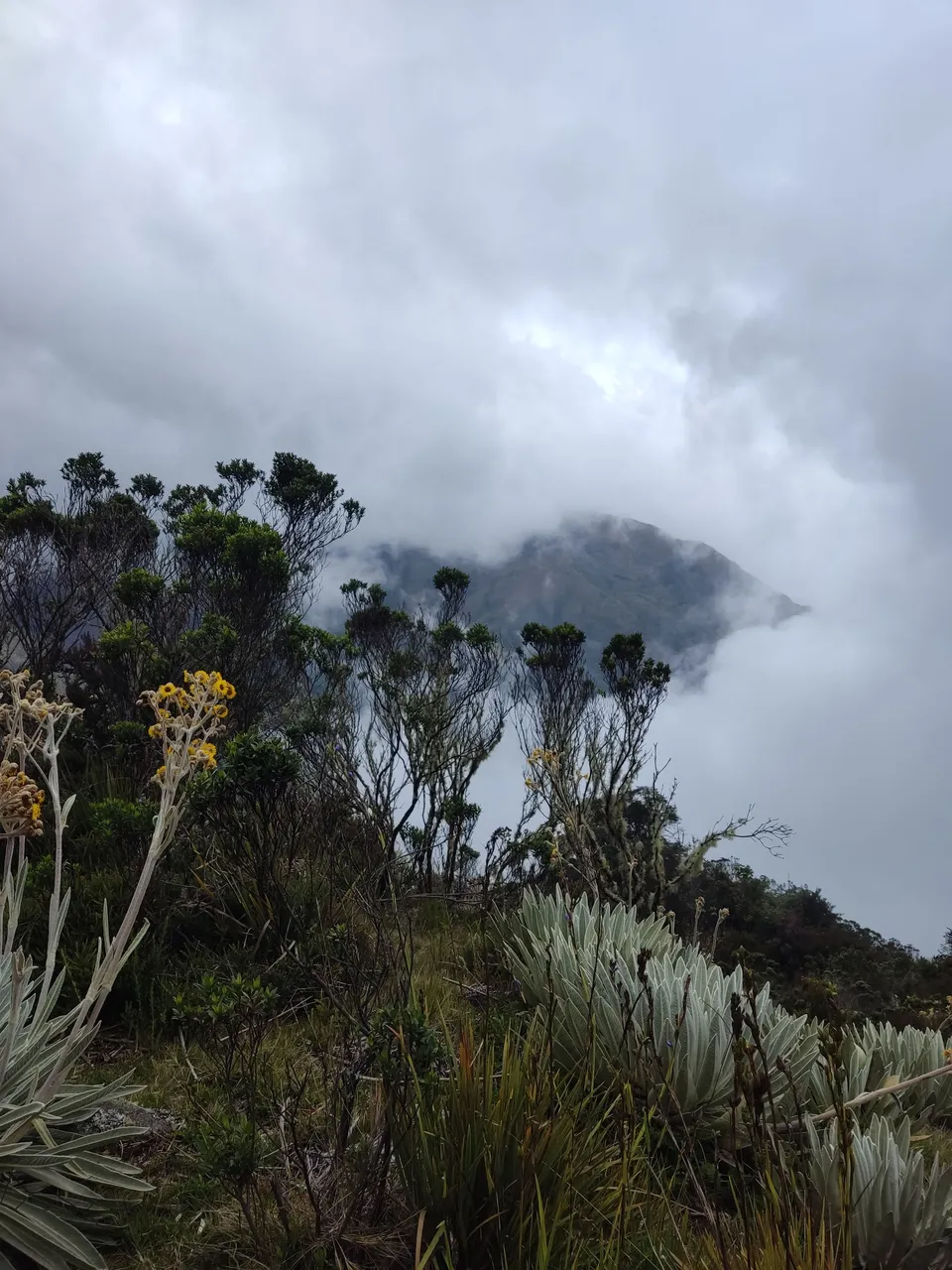
ESPAÑOL
Hace unas semanas terminamos el tercer año de Medicina. Yo tenía meses sin hacer ejercicio real, porque mi cuerpo, mi mente y toda mi energía estaba completamente abocada a la ruda temporada de exámenes finales y al trabajo.
Cuando presenté el último examen, sentí que ya podía respirar. Y necesitaba salir a respirar a las montañas. Mi cuerpo me pedía hacer una ruta exigente y larga. Así que eso hice.
Finalmente, un grupo de amigos y yo planificamos una noche de acampada en la Laguna Albarregas, ubicado en el páramo la Culata, en Mérida, Venezuela.
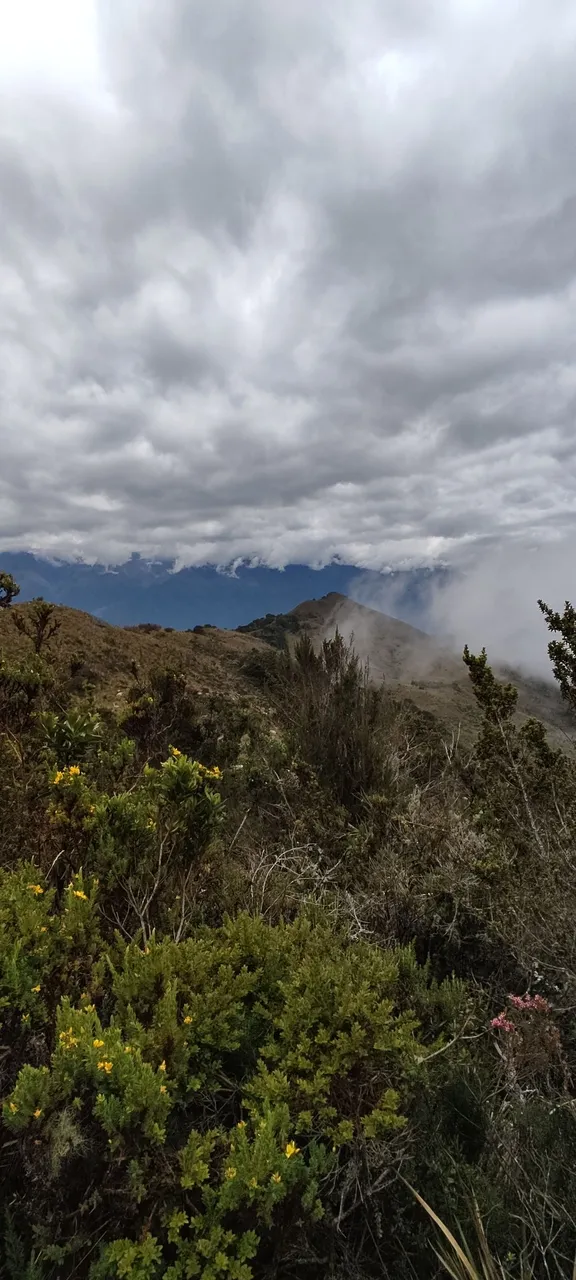
Yo nunca había acampado en mi vida ni había hecho una ruta de alta montaña. Me emocionaba mucho la idea, pero a la vez me asustaba un poco porque tenía demasiado tiempo sin entrenar.
Sin embargo, me arriesgué.
Spoiler: termina mal.
Nuestra travesía inició un domingo a las 7 AM. Algo dentro de mí me decía que estaba cometiendo errores de primeriza, porque llevaba mucho peso para solo una noche de acampada, pero bueno, ya nuestros compañeros nos estaban esperando y debíamos irnos.
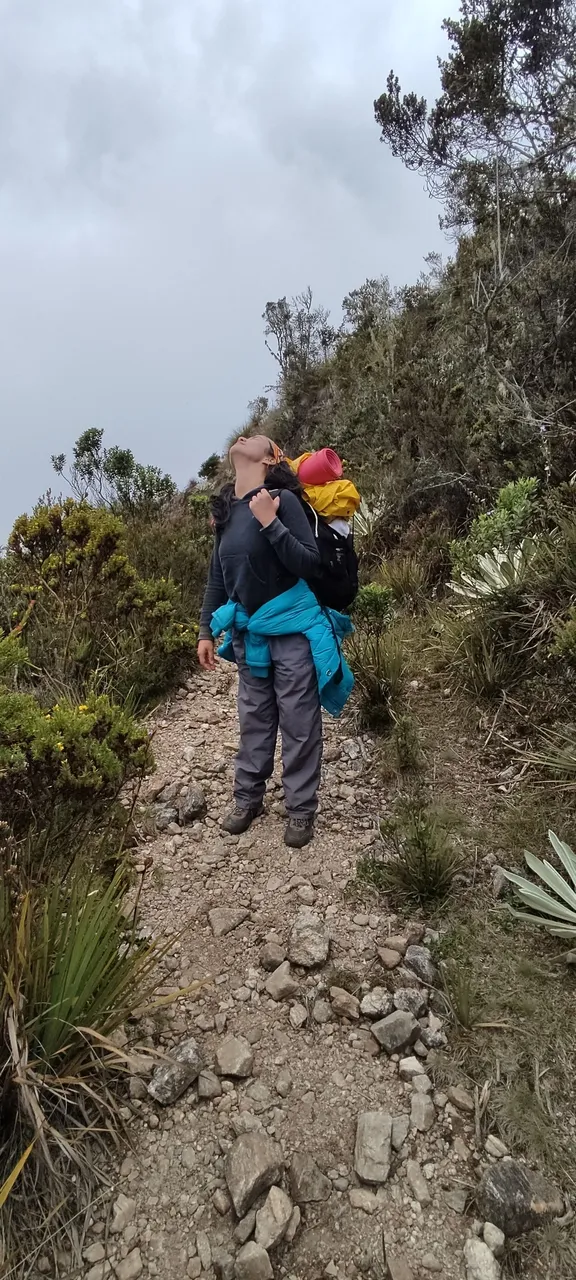
Apenas saliendo de casa, confirmé lo anterior: cargaba mucho peso, pero no nos desalentamos, y continuamos.
A duras penas y luego de algunos bajones de glicemia, llegamos a la mitad del camino: El Paramito. Fue una constante y matadora subida selva adentro.
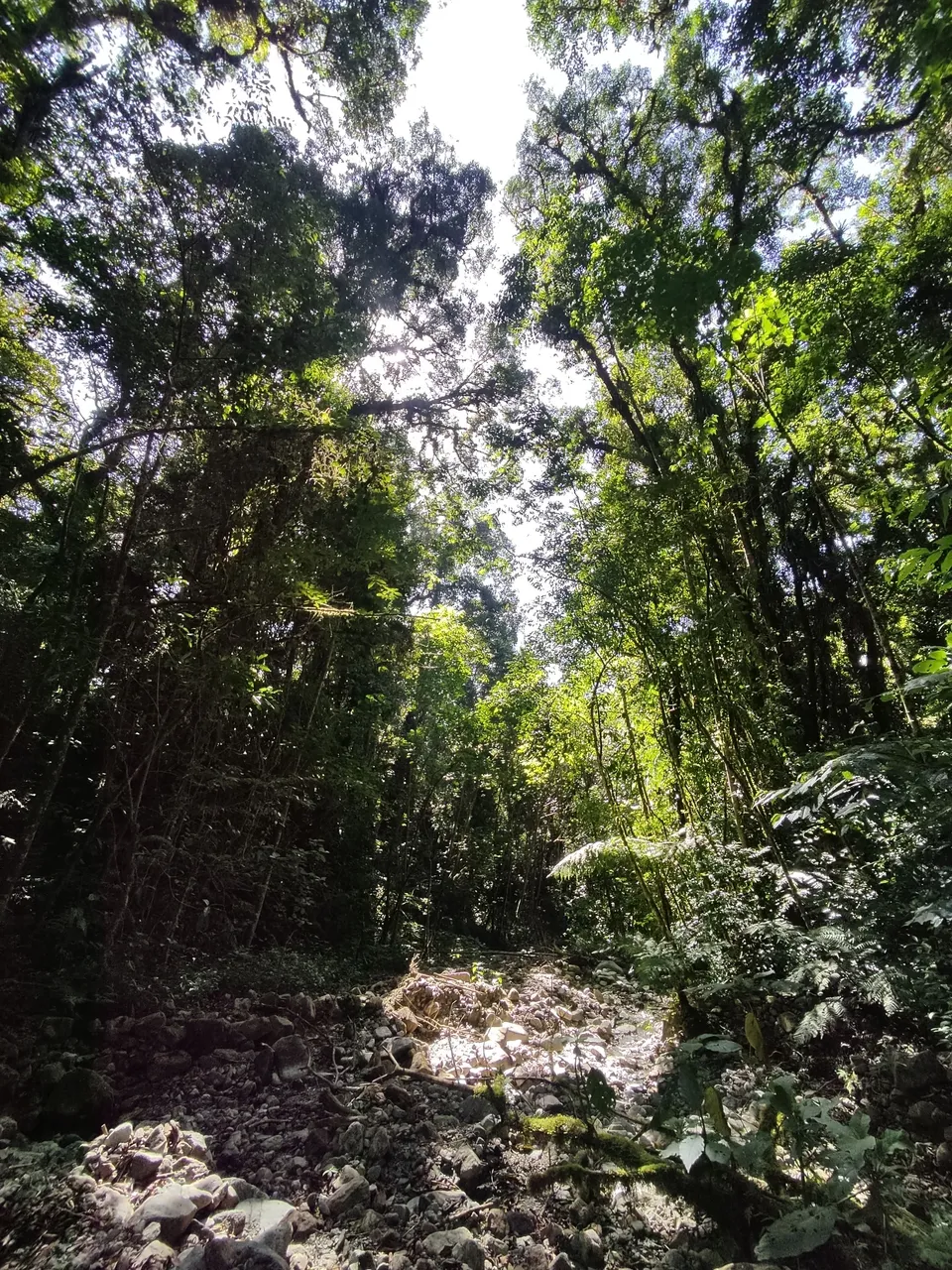
Luego de allí caminamos por todo el páramo y yo ya rogaba por llegar a dormir a nuestro destino, fuese cual fuese.
Tardamos mucho tiempo en llegar hasta El Paramito e íbamos muy lento para lo que requería la ruta hasta la Laguna Albarregas, por lo que al final decidimos acampar en un lugar cercano.
Llegamos casi a las 8 PM a un pequeño claro lo suficientemente grande para colocar la carpa de 10 personas.
Luego de armar la carpa, desarmar, volver a armar, meter las cosas, sacar las cosas, meternos nosotros, acomodarnos dentro de la carpa, sacar todo de las mochilas para vestirnos y guardar todo de nuevo... Me arropé, miré a Andre y le dije susurrando entre risas: "Andre, detesto acampar". Ella solo se rió.
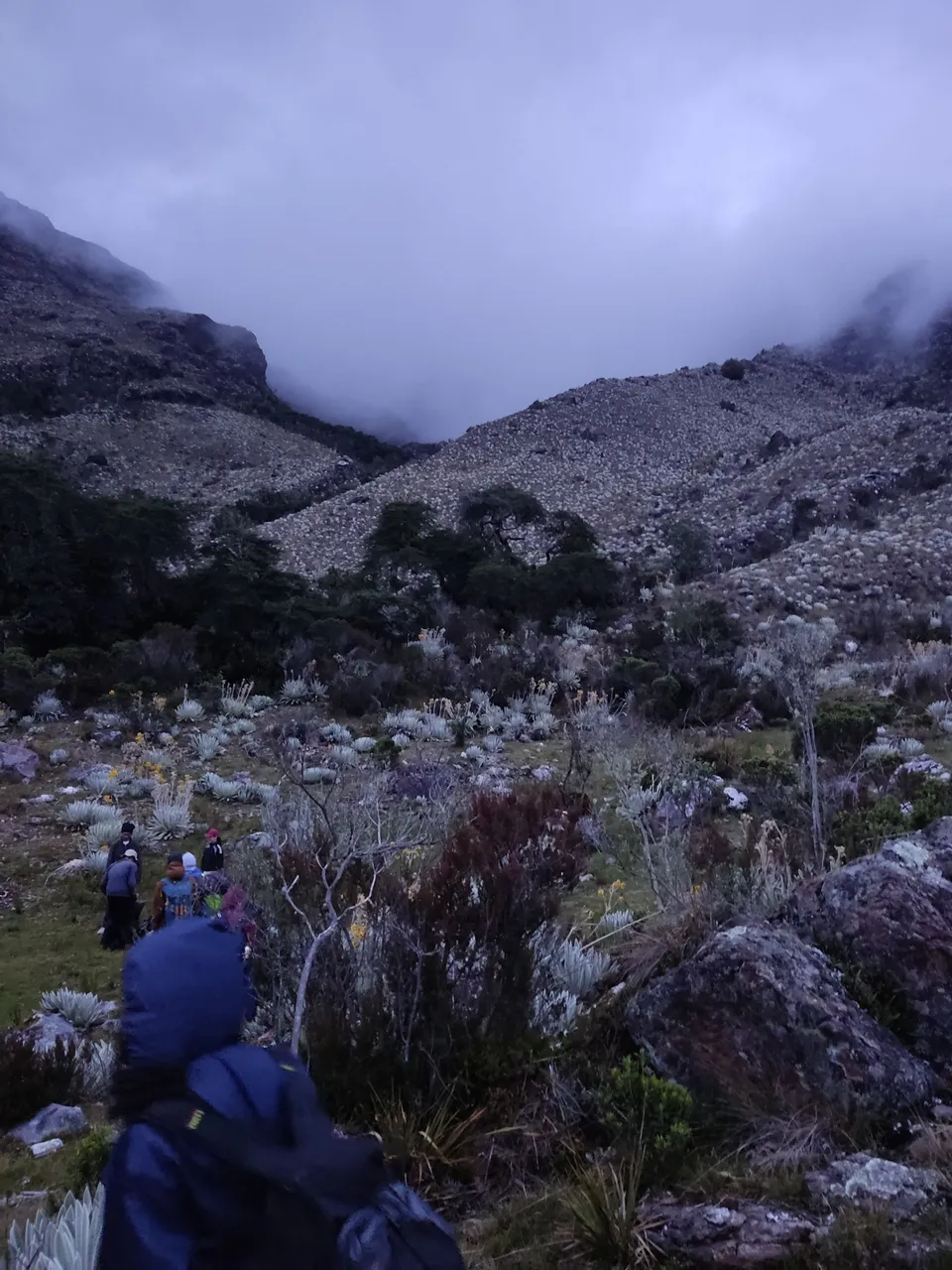
Una vez abrigadas y acomodadas dentro de la carpa, ella y yo cenamos pan con atún. Y aquí fue donde cometimos el segundo error de campistas principiantes...
Habíamos llevado latas de atún en aceite, por lo que antes de untarlo en el pan, quisimos escurrirlo. Y pues... Eso hicimos, pero justo fuera de la carpa.
Un compañero se ríe y nos dice "Chicas, no debieron hacer eso... En esta zona hay osos frontinos (una especie de osos endémica de Venezuela) y puede atraerles el olor a atún". Andre y yo solo nos miramos algo preocupadas, y aunque me considero una persona racional, no dejé de ver el techo de la carpa durante toda la noche, entre el silencio sepulcral y frío del páramo, pensando que podía llegar un oso a nuestra carpa por un poco de atún, por nuestra culpa.
Concilié un poco el sueño, estaba agotada luego de todo un día rudo de caminata y fuera de condición física.
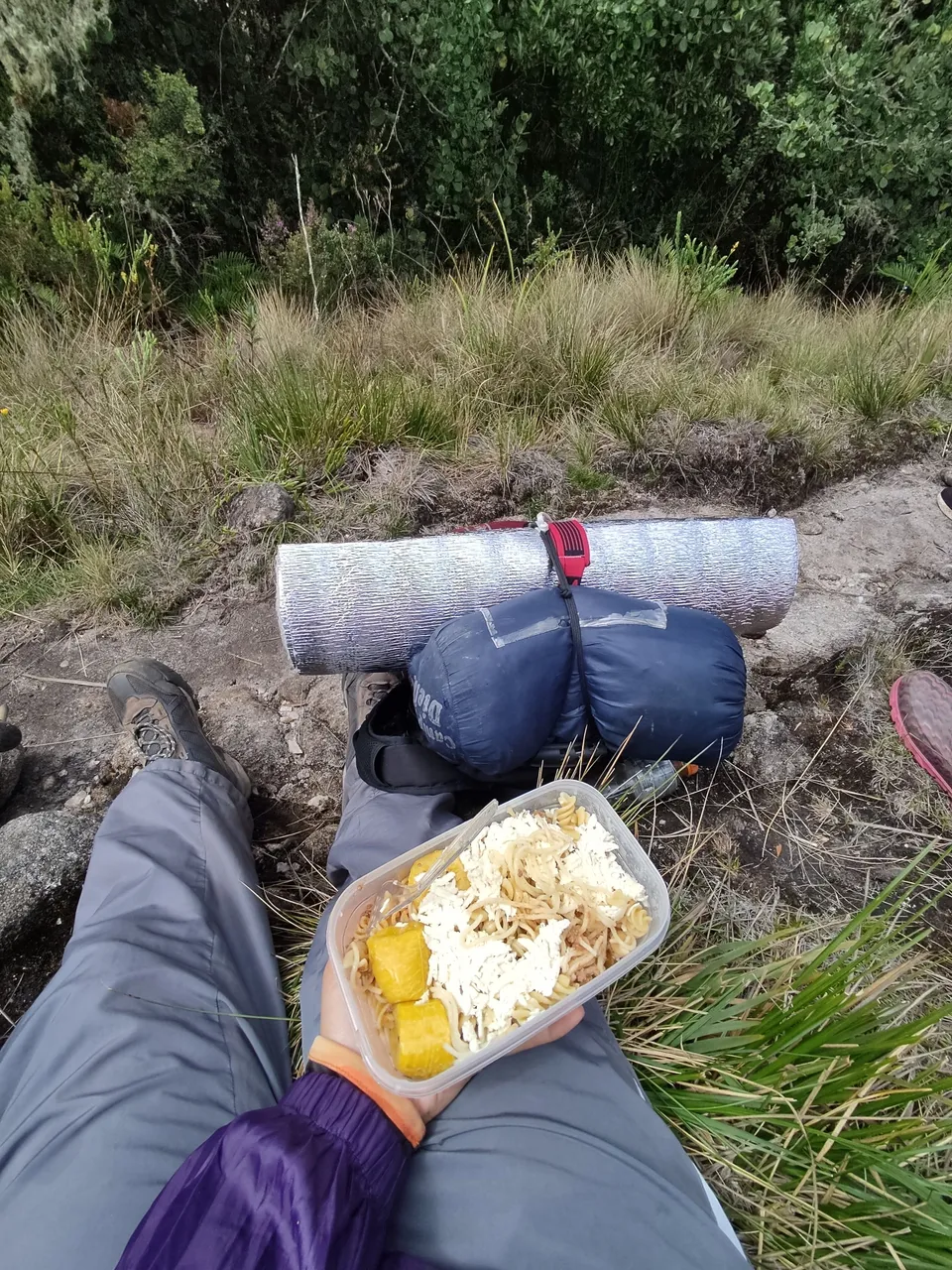
En la madrugada, despierto por el ruido de alguien quejándose. Era una compañera a quien le estaba costando respirar.
Andre y yo, siendo estudiantes de medicina, pensamos en todos los escenarios posibles, le preguntamos todo lo que se nos ocurría y la evaluamos como podíamos (sin estetoscopio ni equipo médico, por supuesto). Aparentemente no era algo instantáneamente letal.
Sin embargo, estábamos completamente seguras de que no era un simple "mal de páramo" y todos debíamos salir lo más rápido posible de allí y retornar a la ciudad.
Eran las 3 AM en un lugar a alrededor de los 4.000 m.s.n.m que te dejaba sin aliento, pero no queríamos que así fuese literalmente para alguno del grupo.
No teníamos señal telefónica para pedir ayuda en ese momento, ni mucho con qué resolver. Lo adecuado hubiese sido tener un corticosteroide a la mano (y a un médico capacitado para aplicarlo), pero lo mejor que podíamos hacer allí era simplemente descender la montaña.
Todos decidimos que debíamos esperar hasta que amaneciera para poder empezar a bajar hasta la ciudad. Y así hicimos.
Al amanecer, los hombres fuertes del grupo se distribuyeron el peso del equipaje para que alguno cargase a la chica que no podía respirar bien, durante todo el camino.
En un punto de la ruta, entre frailejones (planta típica de los Andes) pudimos tener señal telefónica y pedimos ayuda.
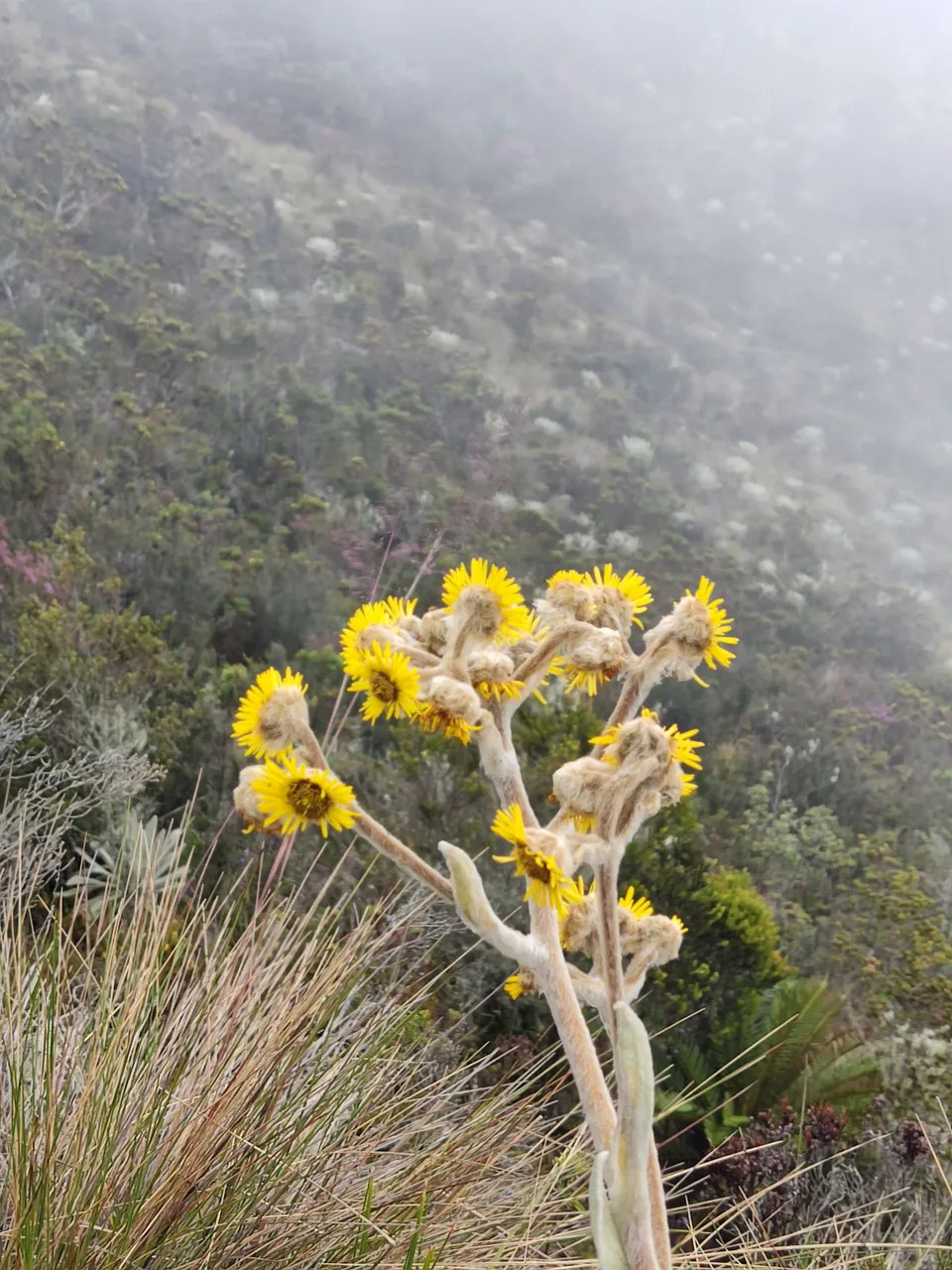
En resumen, pudimos llegar hasta el Paramito (la mitad del camino) y allí nos encontraríamos con los rescatistas que buscarían a la chica. Era muy difícil seguir con ella a cuestas porque la ruta desde El Paramito hasta la ciudad es de mínimo 4 hr y es muy empinada.
En ese punto, el grupo se dividió. Éramos 10 chicos, pero no todos podían quedarse en el páramo hasta que viniesen a rescatar a la chica.
Así que algunos empezaron a bajar y los más fuertes se quedaron con ella. Andre y yo tuvimos que bajar porque nuestra condición física retrasaría al grupo cuando los rescatistas subieran y tuviesen que descender con la chica cargada durante la noche.
Ella no estaba en condiciones para caminar, pero estaba recostada sobre una piedra descansando, tranquila.
Por otro lado, Andre y yo seguimos por nuestra cuenta. Empezamos a bajar desde El Paramito hasta la ciudad.
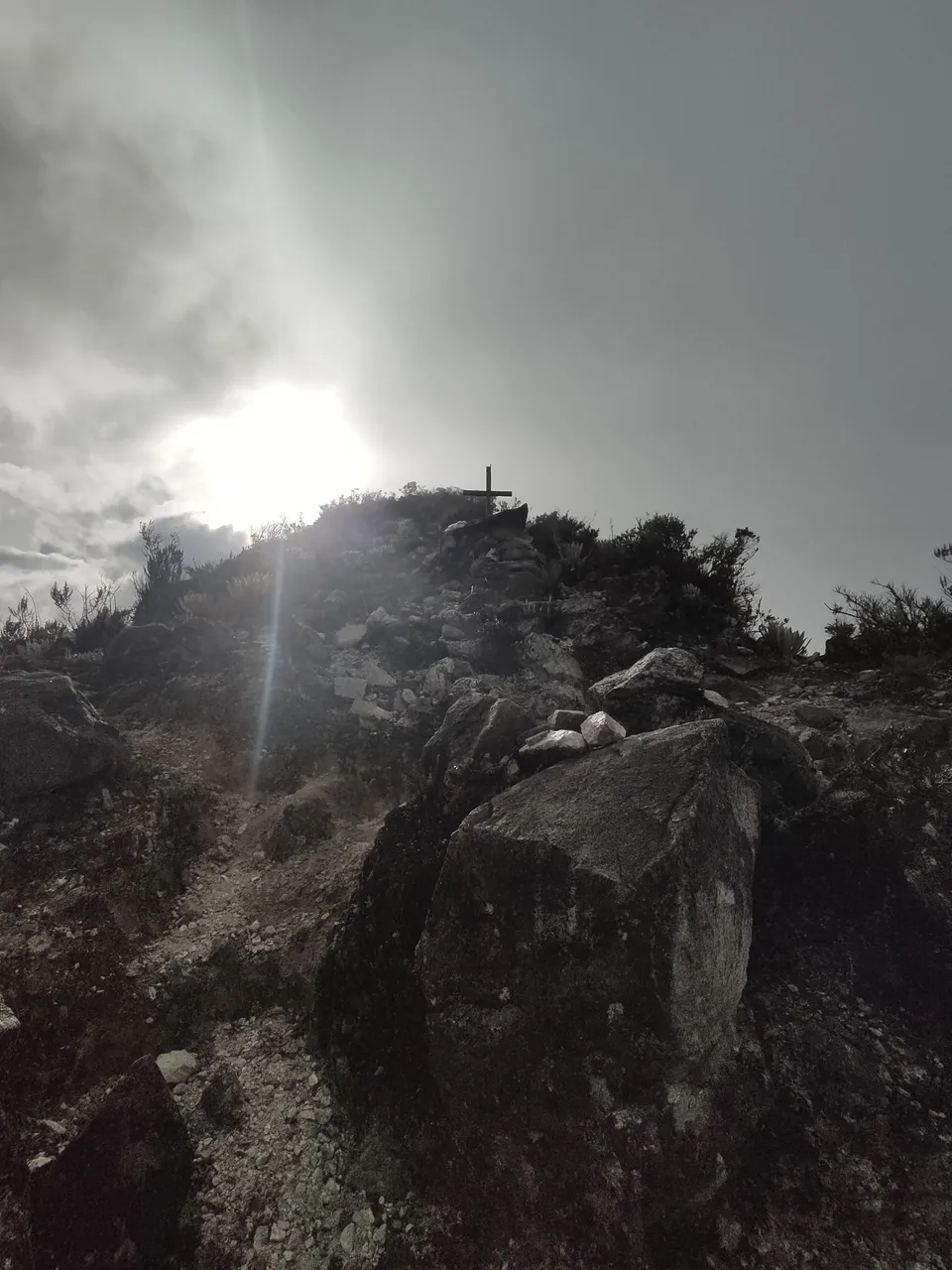
En el camino, nos topamos varias veces con rescatistas y funcionarios que subían para el rescate de la chica. Así, se hicieron las 7 PM y todo se oscureció. En ese punto, nos dio algo de miedo porque estábamos solas, sin linternas mas que la de mi teléfono, y no lográbamos llegar a la salida.
Todo se puso negro y prendí mi linterna, tomé a Andre de la mano para ir al mismo ritmo y no perdernos, y seguimos caminando y caminando. Fue un momento desesperante. Nuestros pies estaban sumamente adoloridos y ya no sentía la espalda por el peso del morral.
Sabíamos que estábamos en el último tramo de la ruta, a punto de llegar a la salida y parecía que no llegábamos nunca. Alumbrábamos el camino delante de nosotras y casi no veíamos nada.
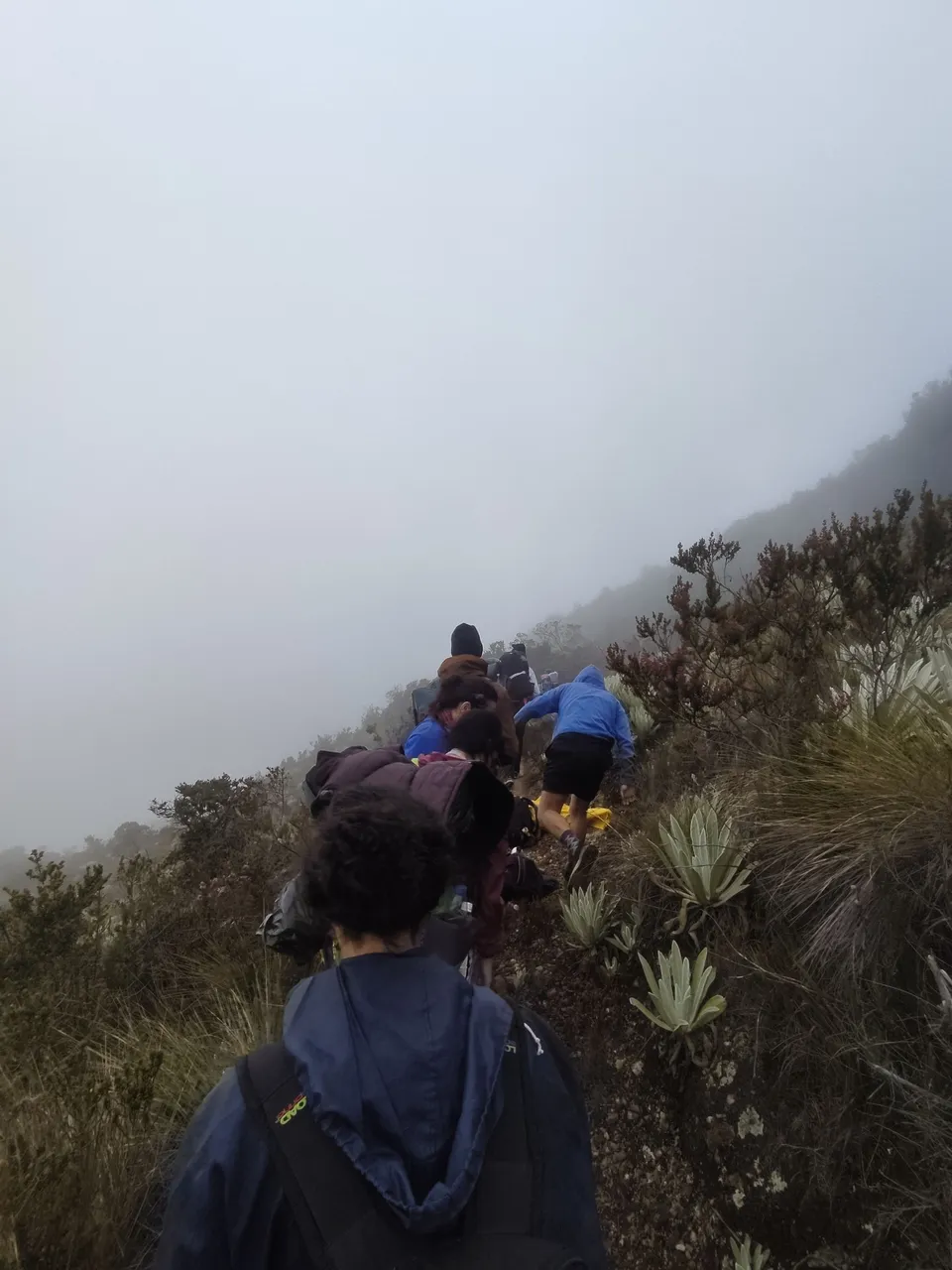
Sé que en otras circunstancias mentales y emocionales, todo hubiese sido más fácil. Pero en ese punto, comencé a pensar por qué nada estaba saliendo bien ni cómo lo habíamos planeado.
Pensaba si es que habíamos hecho algo mal y la montaña no nos quería allí. Nunca me había sentido asustada o así de poco bienvenida en una montaña.
Finalmente, vimos la luz de la salida y por si no fuera poco, nos topamos con el último rescatista/funcionario y básicamente nos dijo que debíamos seguir el protocolo usual en estos casos (cosas de Venezuela). Andre y yo solo pensábamos en llegar, finalmente comer y descansar, y estábamos allí sentadas en la grama, exhaustas, esperando no sé qué.
A lo lejos, veíamos luces en la montaña: Eran los rescatistas con nuestros compañeros. Todos pensábamos que ojalá no se complicase nada más y llegaran a salvo a sus casas.
Por fin, llegamos a nuestras casas a las 9 PM y la otra parte del grupo llegó a las 11 PM (y habíamos salido a las 7 AM de la carpa).
Al día siguiente, recibo un mensaje de un amigo de la universidad preguntando si estábamos bien.
Yo no entendía... ¿Cómo que si estábamos bien y por qué lo preguntaba? Y como él, varios compañeros de clase hicieron lo mismo...
Estábamos en las noticias (que tenían un tono algo exagerado). Decían que nos habíamos perdido y habían rescatado a 10 personas, cuando en realidad solo 1 de nosotros estaba afectada.
La chica se había complicado por la altura y sus pulmones se vieron comprometidos, lo que resultó en un edema pulmonar. Pero gracias a Dios, está bien y a salvo.
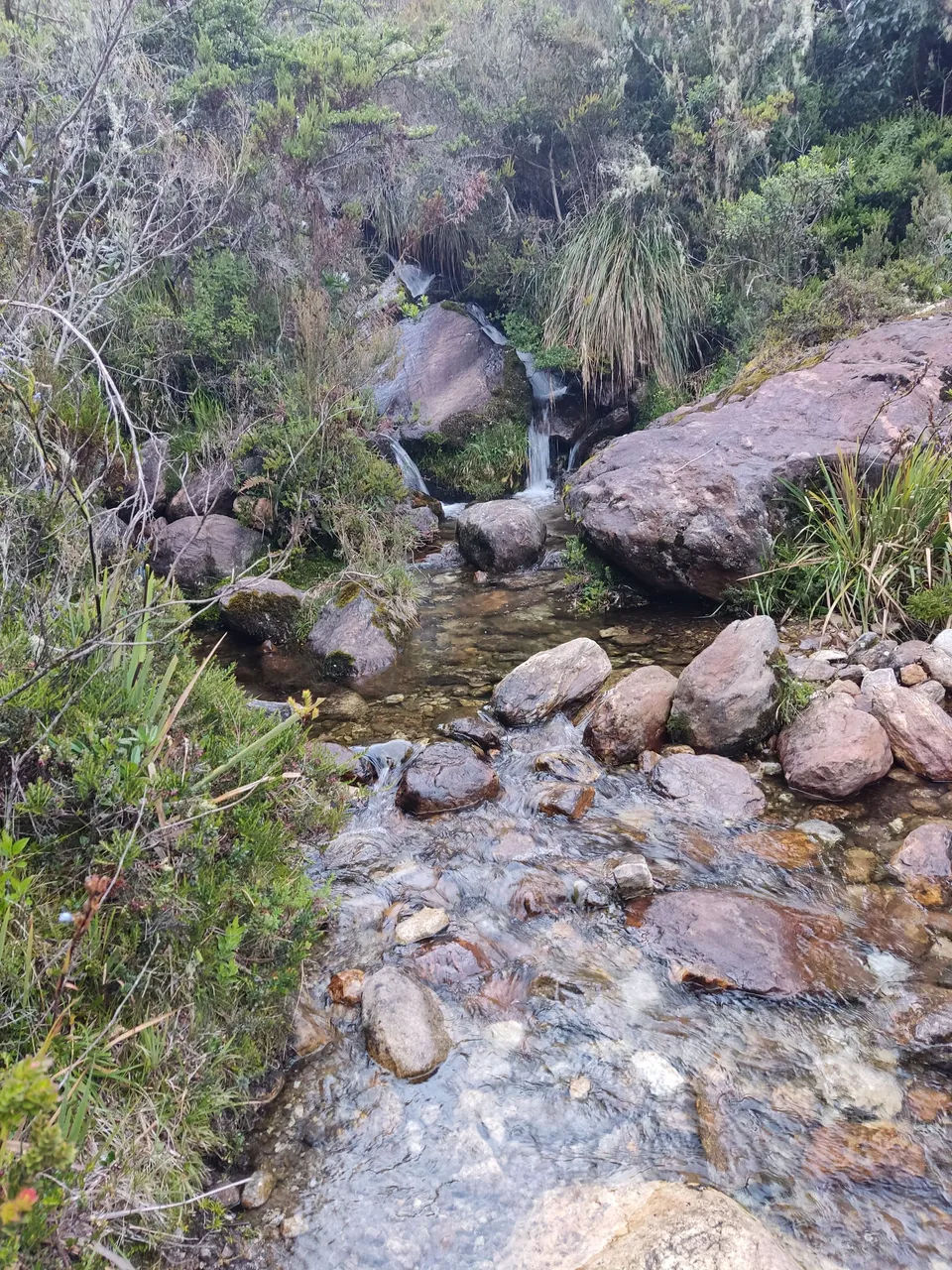
Todos aprendimos algo de esta experiencia:
• No vayan a alta montaña sin entrenar (es algo lógico).
• Lleven un bueeen kit de primeros auxilios.
• No lleven atún en aceite a la montaña.
• No lleven media casa en sus bolsos para acampar solo 1 noche.
¿Y tú aprendiste algo más de esta experiencia?
